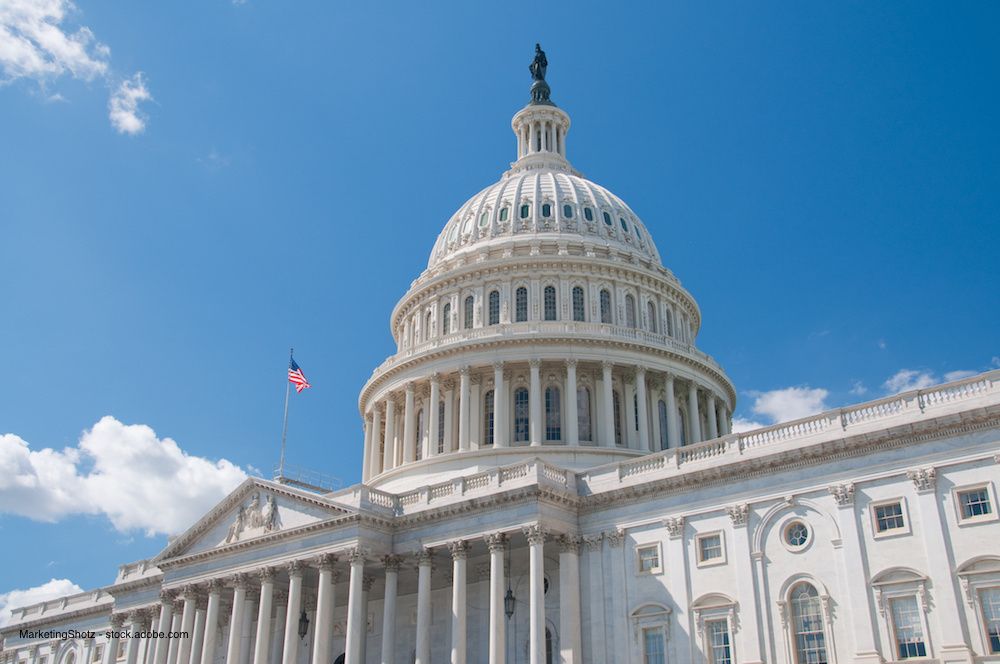
Reversing a decision by the Department of Health and Human Services to impose a nearly 30% reduction in 340B reimbursement rates, the U.S. District Court for the District of Columbia has disappointed providers who believed that action was finally being taken to help control the cost of expensive physician-administered drugs.




